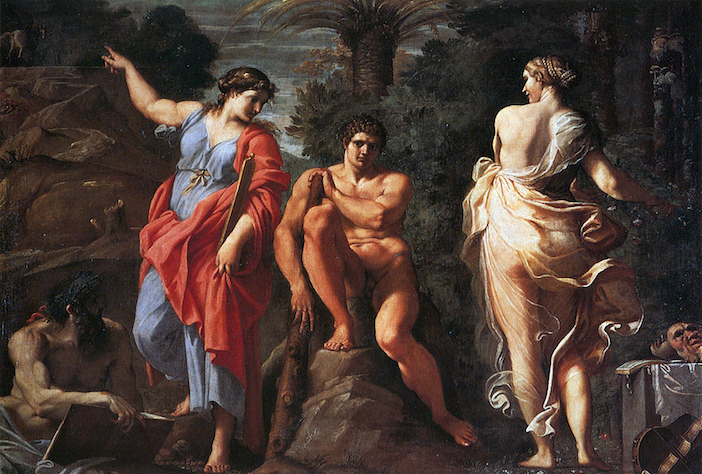SCHEDULE
All the slideshows have been posted and linked
through OneDrive. (You'll have to sign into your BGSU
account to view them.)
I'll post the lecture notes for the week to the
Discussions section.
The response assignments and the quizzes will go live at
noon on every class day and close 24 hrs later.
The final project is
due on Wednesday of Week 6.
|
Week
|
Monday
|
Tuesday
|
Wednesday
|
I
July 8-10
|
Slideshow 1.1: Myth
and Attributes
|
Ovid, Metamorphoses,
Book I
Fairbanks Ch. I, II
Slideshow 1.2: The
Succession Myth
|
Ovid, Metamorphoses,
Book II
Fairbanks Ch. III, IV
Slideshow 1.3: Miscellany!
(Phaethon etc.)
|
II
July 15-17
|
Ovid, Metamorphoses,
Book III
Handout: Olympian
Gods & Attributes
Fairbanks Ch. V, VI
Slideshow 2.1: Olympus--The
Original Series
|
Ovid, Metamorphoses,
Book IV
Fairbanks Ch. VII, VIII
Slideshow 2.2:
Olympus--The Next Generation |
International
Instructor-Catches-Up-with-Grading Day! |
III
July 22-24
|
Ovid,
Metamorphoses,
Book V
Handout: The Raglan Scale
Fairbanks Ch. X.I, X.2: Argos, Corinth
Slideshow 3.1: Perseus,
Bellerophon, & the Underworld |
Ovid, Metamorphoses,
Book VI
Fairbanks Ch. X.IV: Thebes
Slideshow 3.2: Thebans--Cadmus,
Oedipus, etc.
|
Ovid, Metamorphoses,
Book VII
Fairbanks Ch. XI.I: Heracles
Slideshow 3.3: Hercuslides
|
IV
July 29-31
|
Ovid, Metamorphoses,
Book VIII
Fairbanks Ch. X.V, X.VI, XI.2:
Crete, Attica, Theseus
Slideshow 4.1: Athens
& Theseus |
Ovid, Metamorphoses,
Book IX
Fairbanks Ch. X.VII, XII:
Aetolia, Argonautica
Slideshow 4.2: Argo-a-go-go |
Ovid, Metamorphoses,
Book X
Fairbanks Ch. X.III:
Arcadia, Laconia & Messene
Slideshow 4.3: Troy--Backstories
|
V
August 5-7
|
Ovid, Metamorphoses,
Book XI
Fairbanks Ch. XIII
Slideshow 5.1: Troy--the
Iliad
|
Ovid, Metamorphoses,
Book XII
Slideshow 5.2:
Troy--Endgame
|
Ovid, Metamorphoses,
Book XIII
Slideshow 5.3: Troy--The
Returns
|
VI
August 12-14,
|
Ovid, Metamorphoses,
Book XIV
Fairbanks Ch. IX
Slideshow 6.1: The
Road to Romulus
|
Ovid, Metamorphoses,
Book XV
Slideshow 6.2:
A Message from Our Sponsor
|
Χαῖρε! / Vale!
|


